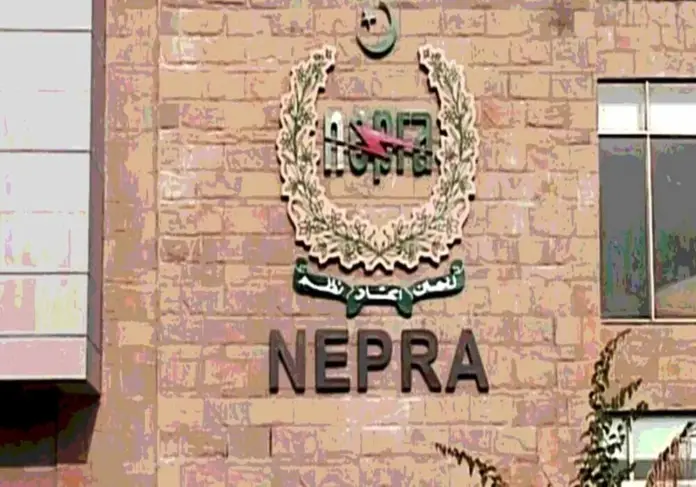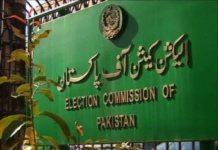The government of Pakistan has asked the National Electric Power Regulatory Authority (NEPRA) to raise power charges by up to Rs11 per unit for high-end residential users across the nation, in order to cover the higher cost of consumers with lesser usage.
For users with a monthly consumption slab of 101-200 units and above, the rate allowed by the federal government under the “tariff rebasing 2022–23” is much higher than the Rs7.91 per unit rise that the regulator came up with in the uniform national average a few weeks ago.
The government would still be giving Rs234 billion in subsidies, Rs220 billion for ex-Wapda distribution companies, and Rs14 billion for K-Electric (KE), to cover the cost of the tariff rebasing for low-income consumers in addition to the extensive cross-subsidization among different consumer slabs.
The request by the government has been approved keeping in mind the potential approval of the cabinet to change the Economic Coordination Committee (ECC) decision so that “consumers consuming less than 100 units and falling into the non-protected category shall be charged Rs13.48/unit instead of Rs19.56/unit and that the consequent revenue differential shall be adjusted in various categories”. The ECC authorized a basic rate hike of Rs3.50 per unit in July, and another Rs3.50 in August-September, and the remaining Rs1 per unit in the billing for October.
The government informed the regulator that it wanted to increase power rates for consumers in the “unprotected category” who use up to 100 units per month by approximately Rs4.06 instead of the Rs7.91 calculated by NEPRA.
On Wednesday, NEPRA will finish the formalities associated with holding a public hearing as mandated by a court decision to modify tariff subsidies allotted by the federal government for immediate implementation in accordance with the International Monetary Fund conditionality.







